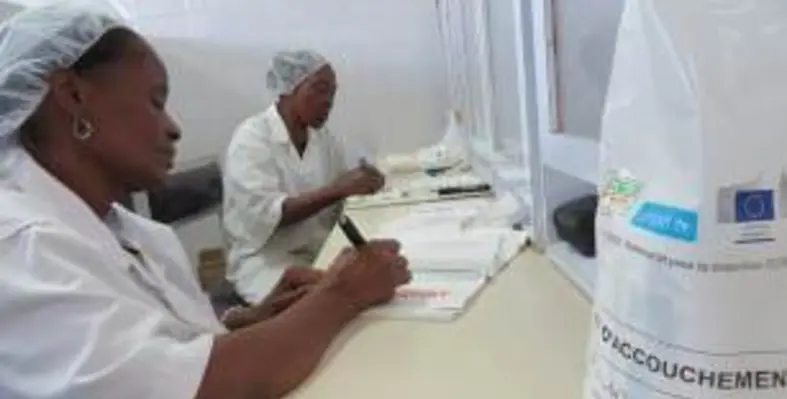The EU has decided to sign a US$1mn regional integration support programme with Zimbabwe’s Ministry of Industry and Commerce, focusing on sanitary and phytosanitary measures, according to Philippe Van Damme, ambassador and head of the EU Delegation to Zimbabwe
Ambassador Van Damme said that the initiative will be conducted in collaboration with the International Trade Centre (ITC) under the Trade and Private Sector Development programme, funded by the EU and implemented by the ITC.
The agreement on the application of sanitary and phytosanitary measures (the SPS Agreement) came into force with the establishment of the World Trade Organization on 1 January 1995. It concerns the application of food safety and animal and plant health regulations.
This introduction discusses the text of the SPS agreemant as it appears in the Final Act of the Uruguay Round of Multilateral Trade Negotiations, signed in Marrakesh on 15 April 1994. The agreement and others contained in the Final Act, along with the General Agreement on Tariffs and Trade as amended (GATT 1994), are part of the treaty which established the World Trade Organization (WTO). The WTO superseded the GATT as the umbrella organization for international trade.
All countries maintain measures to ensure that food is safe for consumers, and to prevent the spread of pests or diseases among animals and plants. These sanitary and phytosanitary measures can take many forms, such as requiring products to come from a disease-free area, inspection of products, specific treatment or processing of products, setting of allowable maximum levels of pesticide residues or permitted use of only certain additives in food. Sanitary (human and animal health) and phytosanitary (plant health) measures apply to domestically produced food or local animal and plant diseases, as well as to products coming from other countries.
Ambassador Van Damme also disclosed that the EU Delegation in Zimbabwe, has also started planning for the identification of a larger US$7.6mn trade facilitation programme under the 11th European Development Fund (EDF) Regional Indicative Programme.
“The new programme will accompany the government of Zimbabwe updating its private sector and trade policies and contributing to further regional integration,” he said. The private sector in Zimbabwe will be extensively consulted in the formulation phase of the project and actively involved in its implementation, he added.
– Wallace Mawire












